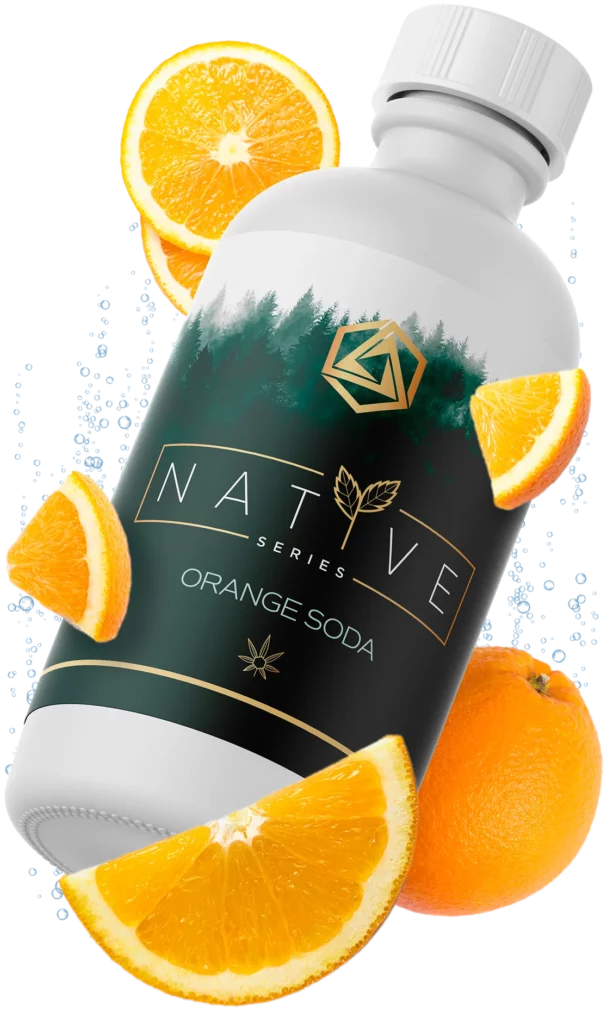Resilient consumption drove growth in nutrition, health, and wellness in 2022 and this will continue to shape innovations in the sector in the years to come.
Globally, consumers are prioritising their health, actively seeking products that offer quality, value-for-money and contribute positively to their wellbeing. For example, 42% of U.S. consumers, 71% of Chinese consumers, and 45% of Indian consumers favour dietary choices that support their mental and physical health over other methods.
Sustainable community-based food movements were also seen globally. In Singapore, the government food regulatory approval body gave a food tech firm the go-signal to use serum-free media to produce cultivated meat. In Israel, Seebo uses AI technology to help manufacturers find waste reduction alternatives. In the US, there is some movement to reduce food-related greenhouse gas emissions by 25% by 2030.
Consumers in countries like the U.S., Australia, Brazil, China, New Zealand, and South Africa desire affordable, nutrient-dense food and beverages. Despite their cost-effectiveness, nutritional value remains paramount for consumers.
Therefore, food and beverage manufacturers must cater to this demand, providing nutritionally rich yet versatile options for the value-conscious consumer. For instance, 47% of Australian consumers value health benefits like heart and immune support in their food and drinks. Thai consumers appreciate versatility, with 54% finding value in food or drinks that can be utilized in various recipes. In New Zealand, 32% of consumers find large-sized food and drink products to be a good value due to their ability to cater to more family members.
In the future, improvements in nutrition quality will take centre stage as brands continue to help consumers understand that they need to develop products that are high in nutrition and budget-friendly. One of the solutions is nutrient fortification, which provides a significant amount of essential nutrients per calorie. For example, Sara Lee produces bread with approximately one cup of dehydrated vegetables per loaf, and Biofair Nutrition’s True Kangaroo Breakfast Powder is fortified with probiotics, fibre, lysine, micronutrients, ashwagandha, and brahmi. This powder can be added to dishes.

Source: Sara Lee Bread
Cost-saving alternatives for expensive ingredients are also being explored. Japanese manufacturers substitute wheat with rice flour, while Danish producers use hydrophilic polyglycerol esters to reduce egg usage in bakery items. This approach can result in cost savings of around 5%.
Reverse food engineering can also be the future of affordable nutrition because it helps identify less expensive and sustainable alternatives for more expensive functional ingredients. Brands like Atomo Coffee create molecular coffee using upcycled ingredients like watermelon seeds and sunflower seed husks. Similarly, Voyage’s Peanut Free Spread combines sunflower seeds, chickpeas, grape seeds, buckwheat, and wild rice.


Source: Atomo Coffee; Voyage Foods
Today’s consumers understand the importance of nutrition for brain health and performance. They are seeking food products that can reduce stress and enhance healthy brain function. Ashwagandha and fibre-rich foods, backed by research and regulatory approval, offer gut-brain support and enhance mental performance.
In the area of healthy ageing, hormone health has gained attention. In China, 48% of consumers have purchased supplements for hormonal balance. Brands like Friska Tea for Women contains moringa, hibiscus, fenugreek, and cinnamon, all rich in antioxidants and nutrients. Meanwhile, Natural Orange Flavour Multi-Vitamin Gummies regulate older men’s testosterone levels.


Source: Mintel GNPD
Weight management is also an area of interest. 32% of consumers Australian consumers would like to manage their diet to lose weight. In this domain, sustainable, nutrient-dense, and accessible diets will be key. Gut health will also play a crucial role in weight management strategies.
Looking beyond five years, technology is predicted to strengthen agriculture’s foundations. Brands will emphasize the nutritional value of repurposed food ingredients such as food pulp, nutshells, and ground coffee. In times of disaster, brands will need to provide easy, affordable nutrition to vulnerable demographics, particularly the elderly. People’s health and wellbeing will also benefit from sensory advances involving scent and sound. Shanghai Symphony Orchestra and Mental Health Center have released drip coffee packs while Abstrax Tech’s Orange Soda Terpenes has various mental wellness benefits.


Source: China Daily; Abstraxt Tech
What we think
Brands must harness consumer desire to age healthily and manage their weight in a holistic and sustainable manner. This can be achieved by using technology to improve ingredients and make them more cost-effective and nutritionally dense. Integrating sensory elements like sound and aroma with health and wellness, and innovating to weather natural disasters, will also be crucial for future success in the industry. Manufacturers should also focus on making nutrition easy, affordable, and accessible, especially for older consumers in times of natural disasters.

Michelle is Mintel’s Global Food Science Analyst based in Singapore. She specialises in food science and ingredients, with a focus on nutrition.
-
Discover your next big breakthroughGet smart fast with our exclusive market research reports, delivering the latest data, innovation, trends and strategic recommendations....View Reports
-
2026 Global PredictionsOur Predictions go beyond traditional trend analysis. Download to get the predictive intelligence and strategic framework to shape the future of your industry in 2026 and beyond. ...Download now
-
Are you after more tailored solutions to help drive Consumer Demand, Market Expansion or Innovation Strategy?Ask for a customised strategic solution from Mintel Consulting today....Find out more
































